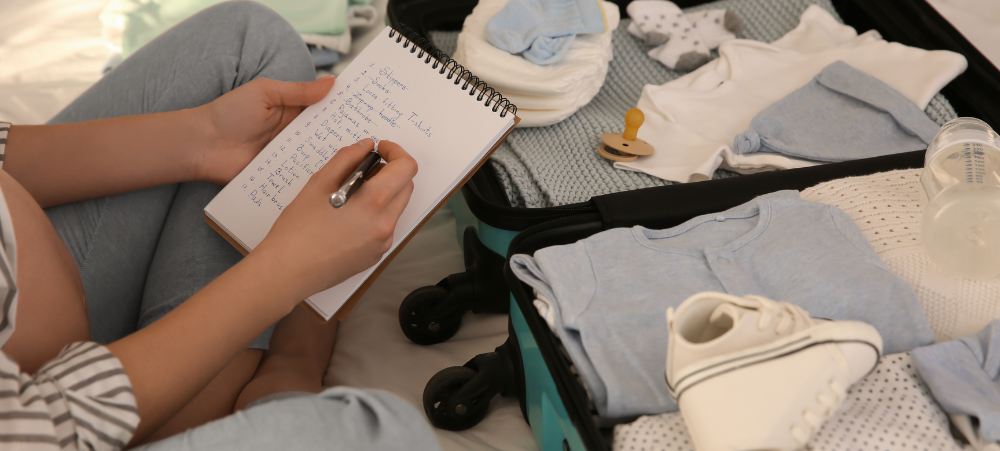Over the past three decades, the field of cord blood stem cell therapy has witnessed remarkable progress, with more than 40,000 successful transplants worldwide. These transplants have emerged as transformative treatments for various medical conditions, particularly blood disorders, inherited metabolic disorders, and immunodeficiency syndromes. As the therapeutic landscape continues to expand, cord blood stem cells have found applications in over 80 approved therapies, offering hope for patients facing a diverse range of diseases.
Treatable Diseases and Therapies:
Cord blood stem cell transplants have proven effective in treating a multitude of diseases, ranging from blood cancers to inherited metabolic disorders and bone marrow disorders. The following is a glimpse into the scope of treatable diseases and approved therapies:
Blood Cancers:
- Acute Lymphoblastic Leukaemia (ALL)
- Acute Myeloid Leukaemia (AML)
- Chronic Myeloid Leukaemia (CML)
- Myelodysplastic Syndrome (MDS)
- Multiple Myeloma
- Hodgkin’s Lymphoma
- Non-Hodgkin’s Lymphoma
Inherited Metabolic Disorders:
- Hurler Disease (MPS type IH)
- Osteopetrosis
- Adrenoleukodystrophy
- Krabbe Disease
Bone Marrow Disorders:
- Aplastic Anaemia
- Unspecified Fanconi Anaemia
Other Diseases:
- Blood Disorders
- Bone Marrow Failure Syndrome
- Immunodeficiencies
- Neuroblastoma
- Solid Tumours
For a comprehensive list of current treatable diseases and therapies, interested readers can refer to the Parents’ Guide to Cord Blood and CryoSave’s dedicated page to these diseases.
Ongoing Clinical Trials:
The frontier of cord blood stem cell therapy extends beyond approved therapies, with ongoing clinical trials exploring the potential applications of these cells in various conditions. Some of the areas currently under investigation include:
- Acquired hearing loss
- Alzheimer’s disease
- Acute Ischemic Stroke
- Autism Spectrum Disorders
- Amyotropic Lateral Sclerosis
- Bronchopulmonary dysplasia
- Cartilage repair
- Critical limb ischemia
- Cerebral Palsy
- Congenital Diaphragmatic Hernia
- Congenital Heart Diseases
- Childhood Hearing Loss
- Corneal Epithelial Wounds
- Ulcerative Colitis / Inflammatory Bowel Disease
- Duchenne Muscular Dystrophy
- Diabetic Foot Ulcers
- Diabetes Mellitus (Type I & Type II)
- Encephalopathy (neonatal)
- Epidermolysis Bullosa
- Fertility
- Global development delay
- Graft versus host diseases
- Glaucoma
- Hypoplastic left heart syndrome
- HIV
- Hydrocephalus
- Ischemic Stroke (pre/peri-natal)
- Intraventricular haemorrhage
- Infant Lung Disease
- Idiopathic Dilated Cardiomyopathy
- In-Utero Brain Injury / Stroke
- Liver Cirrhosis
- Neurodegenerative Disorders
- Preterm Neonatal Complications
- Parkinson’s Disease
- Rheumatoid Arthritis
- Severe Hypoxic-ischemic Encephalopathy
- Systemic Lupus Erythematosus
- Spinal Cord Injury
- Skin-Wound / Burns
- Sweat Gland Diseases / Regeneration
References
- Cairo MS, Rocha V, Gluckman E, et al. Alternative allogeneic donor sources for transplantation for childhood diseases: unrelated cord blood and haploidentical family donora. Biol Blood Marrow Transplant. 2008; 14:44-53.
- Cairo MS, Tarek N, Lee DA, et al. Cellular engineering and therapy in combination with cord blood allografting in pediatric recipients. Bone Marrow Transplant. 2016;51:27-33
- Gluckman E, Ruggeri A, Rocha V, et al. for Eurocord, Netcord, World Marrow Donor Association and National Marrow Donor Program. Family-directed umbilical cord blood banking. Haematolgica. 2001; 96: 1700-1707.
- Mazonson P, Kane M, Colberg K, et al. Prevalence of medical conditions potentially amenable to cellular therapy among families privately storing umbilical cord blood. Matern Child Health J. 2016 (online).
- https://clinicaltrials.gov
Our ISO 9001 accredited, state-of-the-art laboratory is always prepared for emergencies and capable of international sample shipment. We're dedicated to bringing the promise of regenerative medicine to every family, focusing on more than just stem cell storage – it's about investing in your family's future health and well-being.
- CryoSave South Africa: A Trusted Choice for Safeguarding Your Baby’s Future with Stem Cell Banking - June 26, 2024
- Revolutionizing Blood Cancer Treatment: Cord Blood Transplants Provide Hope for Non-Matched Patients - June 19, 2024
- Unlocking the Future of Healthcare: What is Cord Blood- and Tissue Stem Cell Banking? - June 12, 2024






1 thought on “Unlocking the Potential: Cord Blood Stem Cell Therapy and the Spectrum of Treatable Diseases”
This was a very interesting read, definitely leaves much to think about